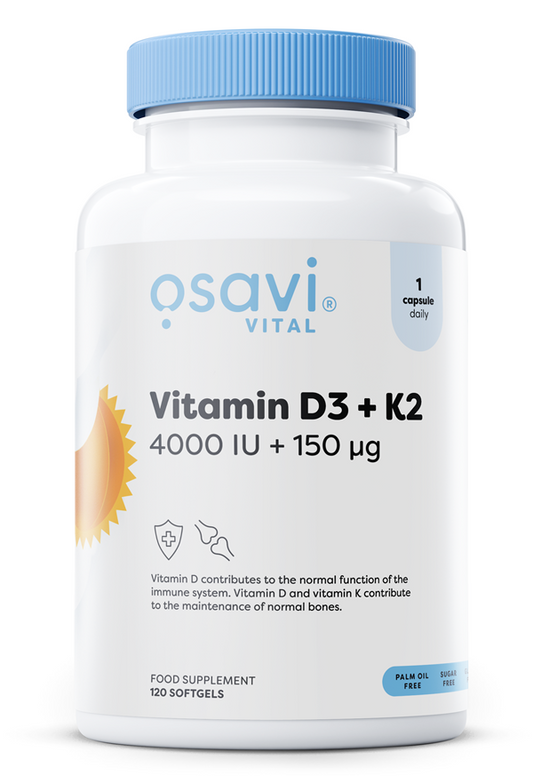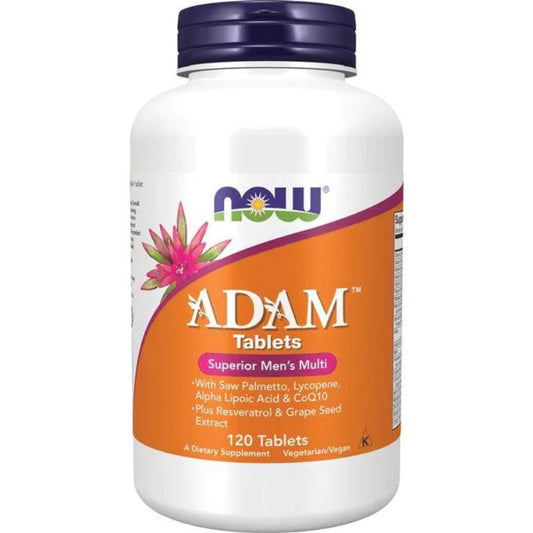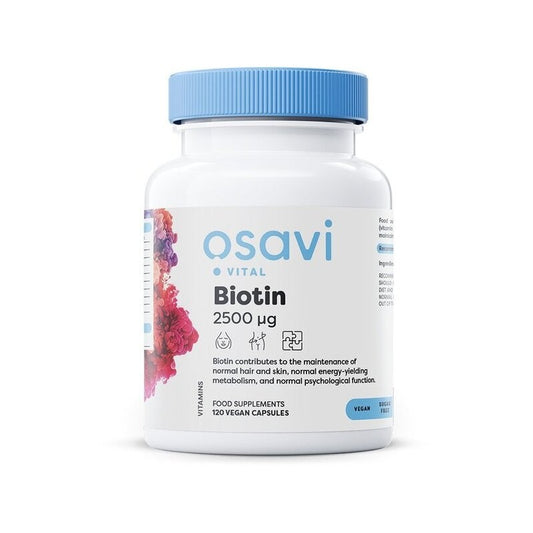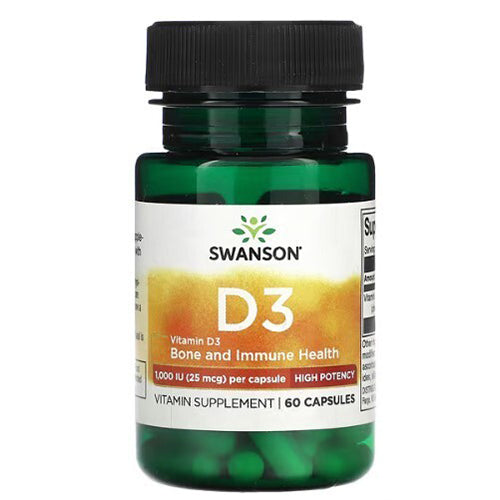
Vitamin B6 Works for Your Brain and Immune System
Jakub SkibaVitamin B6, also known as pyridoxine, is a water-soluble B vitamin that plays an important role in overall wellness and daily nutrition. It is a key member of the B-complex family and contributes to the body’s ability to process nutrients efficiently. Vitamin B6 supports healthy metabolism of proteins, carbohydrates, and fats, helping the body convert food into usable energy. It is also found naturally in a variety of foods, making it easy to include in a balanced diet. Many people include Vitamin B6-rich foods such as poultry, fish, bananas, potatoes, and whole grains as part of their wellness routines to help maintain nutritional balance and support overall vitality.
While Vitamin B6 is often associated with brain function and mood support, its main function is to contribute to general health and well-being by assisting in nutrient utilization. It is available in foods and supplements, allowing for consistent intake as part of a balanced lifestyle. This article explores the functions of Vitamin B6, natural sources, recommended daily intake, and practical ways to include it in your diet for general wellness purposes. With its versatile role in nutrition, Vitamin B6 is a popular choice for those seeking to maintain a healthy, balanced lifestyle.
Key Roles of Vitamin B6 in Nutrition
Energy and Nutrient Metabolism
Vitamin B6 contributes to the natural processing of proteins, carbohydrates, and fats. By supporting the body’s ability to use nutrients efficiently, it helps maintain energy levels throughout the day.
Brain and Mood Support
Vitamin B6 plays a role in supporting overall cognitive wellness. It is involved in the production of neurotransmitters, the chemicals that help regulate communication between nerve cells. This makes it a common nutrient in wellness routines focused on maintaining mental clarity and focus.
General Wellness
Vitamin B6 also contributes to overall nutritional balance. Including it as part of a varied diet can support consistent nutrient intake and promote a healthy, balanced lifestyle.
Food Sources of Vitamin B6
Plant-Based Sources
-
Bananas
-
Potatoes
-
Avocados
-
Spinach and leafy greens
-
Chickpeas and lentils
-
Whole grains (brown rice, oats, barley)
-
Nuts and seeds (sunflower seeds, pistachios)
Animal-Based Sources
-
Poultry (chicken, turkey)
-
Fish (salmon, tuna, trout)
-
Pork
-
Beef
-
Eggs
-
Dairy products (milk, cheese, yogurt)
A balanced diet that includes these foods usually provides sufficient Vitamin B6. Supplements may be considered if dietary intake is limited, especially for vegetarian or vegan diets.
Recommended Daily Intake of Vitamin B6
|
Age Group |
Daily Recommended Amount (mg) |
|
Infants (0–6 months) |
0.1 |
|
Children (1–3 years) |
0.5 |
|
Children (4–8 years) |
0.6 |
|
Children (9–13 years) |
1.0 |
|
Teens (14–18 years) |
1.2–1.3 |
|
Adults (19+ years) |
1.3–2.0 |
|
Pregnant women |
1.9 |
|
Breastfeeding women |
2.0 |










